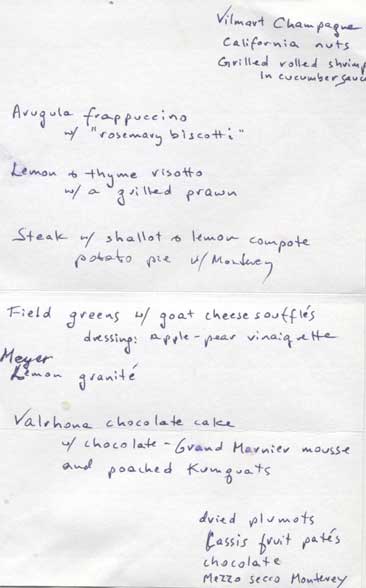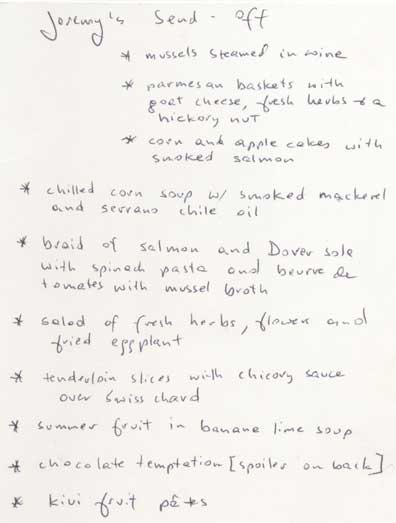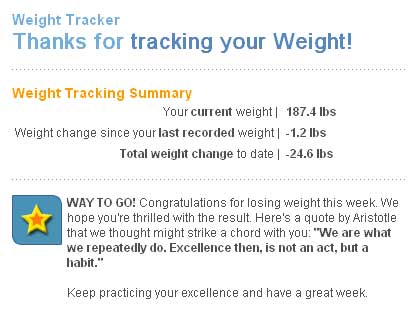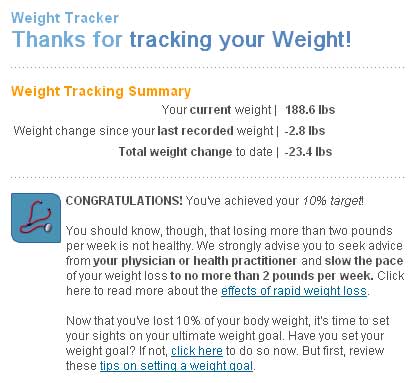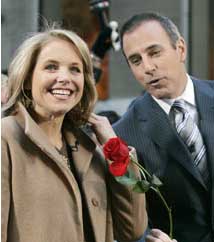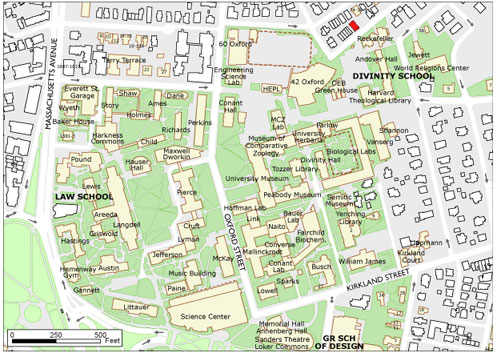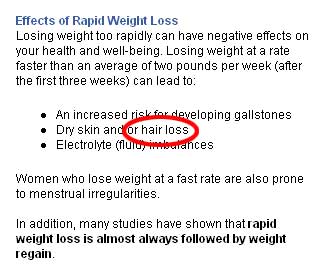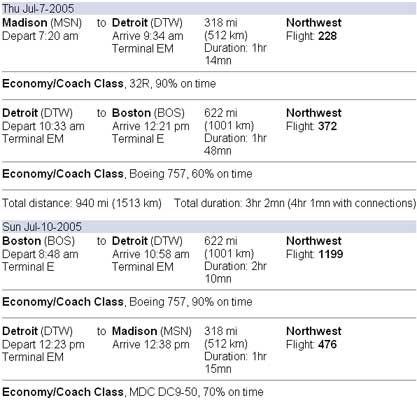Regarding the second, my immediate gut reaction when someone asks me is: come on, how should I know? I suppose there is no harm in admitting that I had once secretly resolved to myself that I was not returning to Madison if I wasn't convinced that I could have certain things about how I mentally approach my job be different from what they've been. But I'm already confident that I could and would. This has been a quite enjoyable past spring and summer, in fact, and, besides, I can tend toward the melodramatic in my secret-little-resolutions-to-myself.
So, contrary to some circulating rumors, I'm not not coming back. Indeed, I'm planning not only on coming back but on meanwhile seeming like I've not entirely gone. Those of you in Madison will not be able to get rid of me so easily.
That said, you don't exactly have to be a demographer or life course theorist to know that things are pretty unsettled for somebody in my basic situation in their mid-thirties. Who knows what is going to happen over the next couple of years? The great thing about having tenure is that I know at least that I will have the option to return here, and, in that regard, it's a spectacularly fortunate option to have with certainty as one embarks on a two-year fellowship. Don't think I don't realize I'm extremely lucky, here.
As for the first question, about how I feel about going to Cambridge, I have many feelings. The closer it gets, the more I don't want to go. And the more excited I am, too. I hope this will be an adventure. I hope it won't suck. I have no idea what will happen. I like that. I am, ultimately, enthusiastic.
More mysteriously (and, yes, I know this is going to sound really weird): Several times in the past few days, when I've thought about leaving this place and heading off to Cambridge, into my mind has come the ending of a novel I read back in my early days of college. I don't really know why exactly the passage comes to mind, but my suspicion is that the way I'm feeling now is sort of like what I felt as I first read this passage fifteen years ago. Or something. Just now, in the throes of insomnia and thinking about it again, I finally went over to the bookshelves and looked it up.
The passage is from Thomas Pynchon's V. (no relation to the cheesy alien-invasion miniseries). The scene takes place in Valletta (Malta), in 1956. One of the novel's two protagonists, the wandering ex-Navy seaman Benny Profane, is talking to a random American tourist, Brenda Wigglesworth, abroad for the first time, who he met in a bar the evening before. They are standing outside another bar, chatting mundanely about what they have done with their lives to that point. Then Brenda says:
"You've done so much more. Boys do."Again, I don't know what this is supposed to signify. But it keeps coming back to mind. I had thought maybe it was that I felt some kind of identification with Profane, but, reading it again now, I think if anything it might be that I identify with Brenda.
"What?"
"You've had all these fabulous experiences. I wish mine would show me something."
"Why?"
"The experience, the experience. Haven't you learned?"
Profane didn't have to think long. "No," he said, "offhand I'd say I haven't learned a goddamn thing."
They were quiet for a while. She said: "Let's take a walk."
Later, out in the street, near the sea steps she inexplicably took his hand and began to run. The buildings in this part of Valletta, eleven years after war's end, had not been rebuilt. The street, however, was level and clear. Hand in hand with Brenda whom he'd met yesterday, Profane ran down the street. Presenly, sudden and in silence, all illumination in Valletta, houselight and streetlight, was extinguished. Profane and Brenda continued to run through the abruptly absolute night, momentum alone carrying them toward the edge of Malta, and the Mediterranean beyond.
